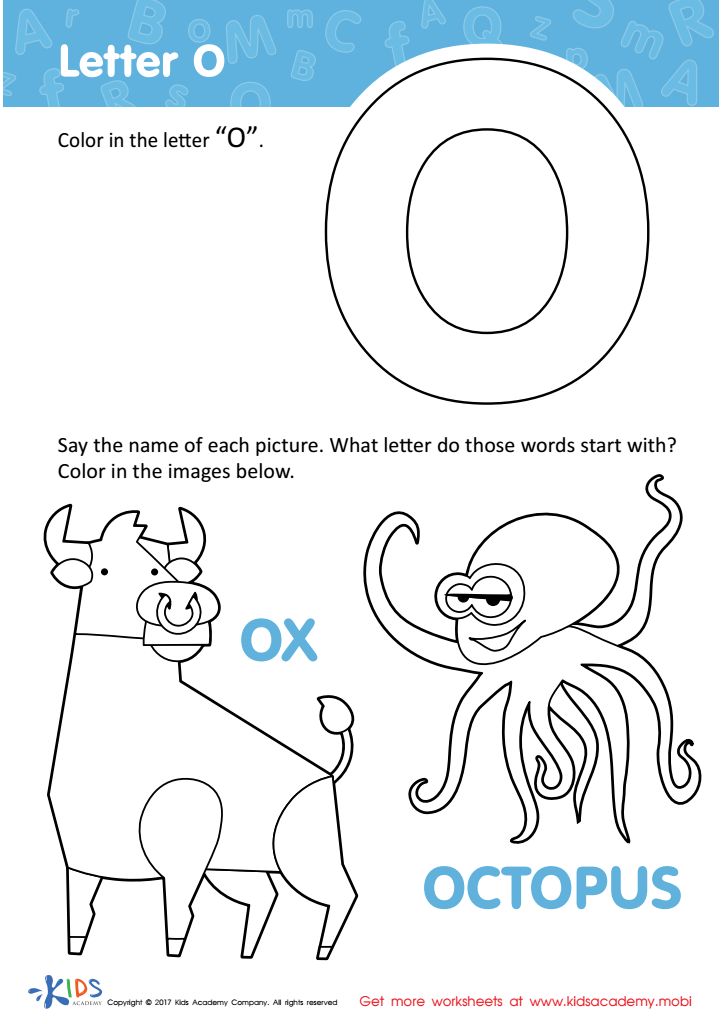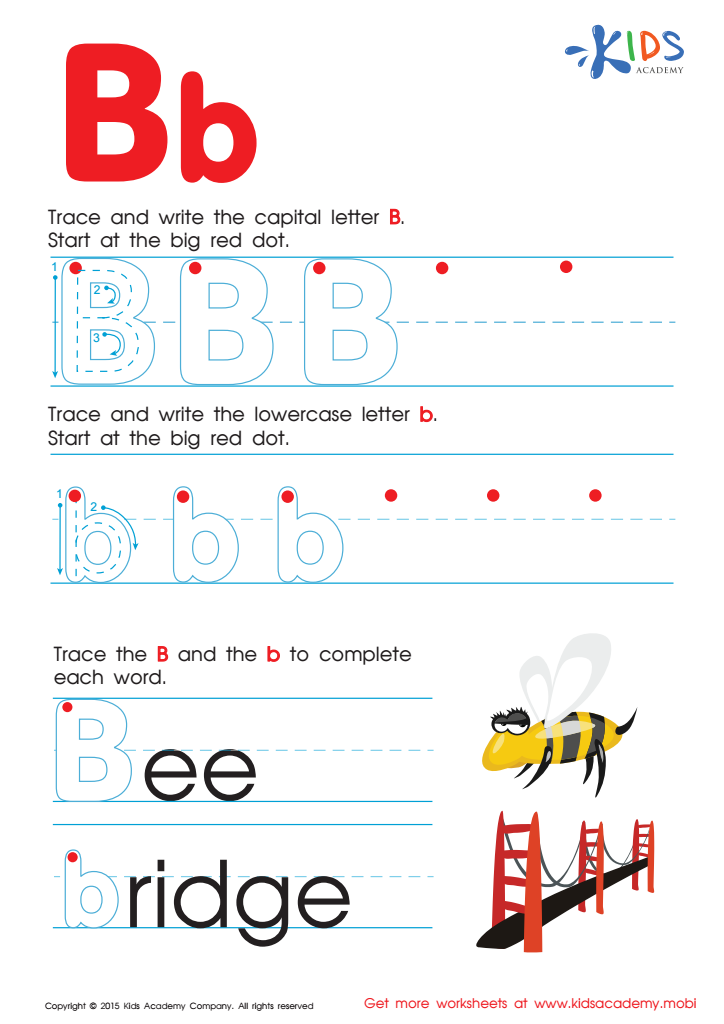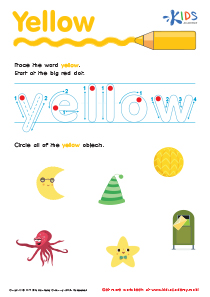Motor skills development Normal English for Beginners Worksheets for Ages 3-8
3 filtered results
-
From - To
Enhance your child's motor skills with our "Motor Skills Development Normal English for Beginners Worksheets for Ages 3-8." These engaging, expertly-crafted worksheets are designed to strengthen fine motor abilities while also building foundational English language skills. Perfect for young learners, our activities include tracing, cutting, drawing, and simple writing tasks to help kids improve hand-eye coordination, dexterity, and muscle control. Tailored for children aged 3 to 8, these resources foster early learning in a fun and interactive way, ensuring that your child develops crucial motor skills alongside their growing language abilities. Start their learning journey today!


Letter H Tracing Page


Letter O Coloring Sheet


Letter B Tracing Page
Parents and teachers should care about motor skills development because it's a critical part of a child's growth. Motor skills are split into gross motor skills, which involve big movements like running and jumping, and fine motor skills, which involve smaller actions like picking up a pencil or buttoning a shirt.
For children ages 3-8, developing these skills is essential. Good motor skills help them do tasks on their own, boosting their confidence and independence. For example, learning to tie shoes or hold a spoon correctly can make daily activities easier and more enjoyable for kids.
In school, fine motor skills are crucial for activities like writing, cutting with scissors, and drawing. If a child struggles with fine motor tasks, they might find schoolwork frustrating, which can affect their interest in learning. Additionally, gross motor skills are just as important for playing sports, running around in the yard, and even just balance. These activities aren't just about fun; they help children develop strong bones and muscles and teach teamwork and coordination.
Overall, good motor skills enable kids to explore and engage with their world more fully. This interaction is key for their cognitive development too, as doing and touching teaches them a lot about how things work. Therefore, parents and teachers should support and encourage activities that help kids strengthen these important skills.
 Assign to My Students
Assign to My Students
















